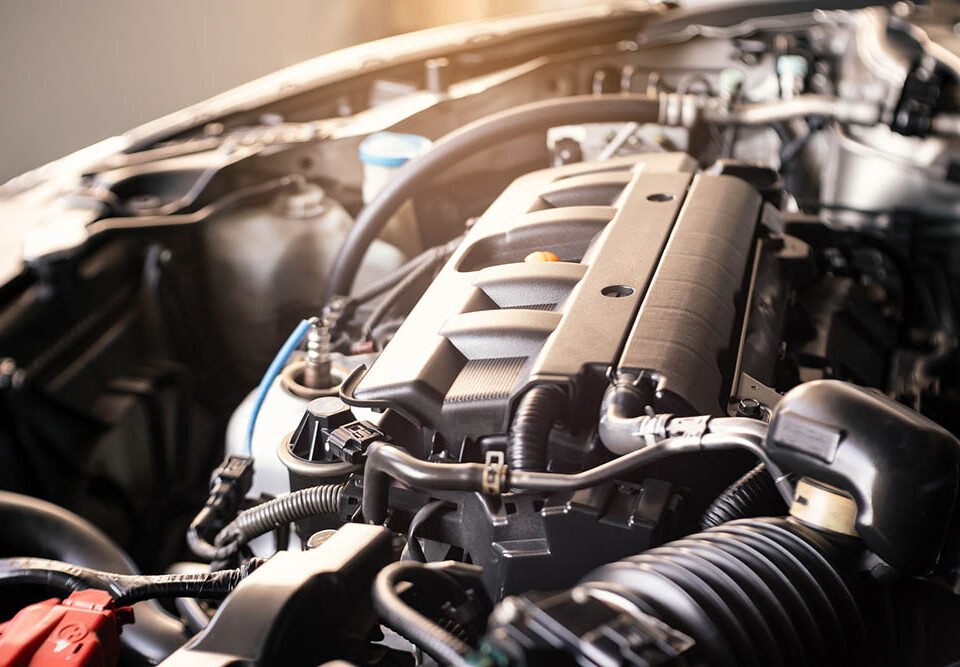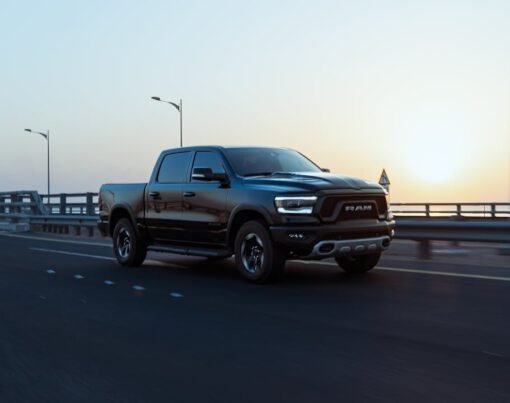Have you ever thought about what makes your car run smoothly without burning a hole in your pocket? It’s about striking the right balance between your car’s engine performance and economy. The engine is the heart of your car, and it’s important to understand how it works.
You might think performance and economy are like oil and water—they just don’t mix. More power equals more fuel consumption, doesn’t it? Well, not always. But, with advancements in technology and proper maintenance, you can have the best of both worlds.
So, let’s explore the world of engines and fuel economy and discover how you can optimize both for an exceptional driving experience.
Table of Contents
Understanding Performance And Economy
In the context of your vehicle’s engine, ‘performance’ and ‘economy’ might seem like they’re on opposite sides of a seesaw. But what do they really mean? Let’s break it down:
- Engine Performance: This refers to how well your car responds when you put your foot down on the accelerator. It’s about speed, power, and the thrill you get when you navigate those tight corners. But remember, a high-performance engine often comes with increased fuel consumption.
- Fuel Economy: On the other hand, the economy speaks volumes about your car’s efficiency. It tells you how many miles your car can travel per gallon or liter of fuel. A car with excellent fuel economy can save you a significant amount of money in the long run.
Understanding the delicate interplay between engine performance and fuel economy is crucial. It can help you make informed decisions, whether you’re buying a new car or looking to improve your current ride. Now, you might be wondering what influences this delicate balance.
Factors Influencing Engine Performance And Economy
Many elements come into play when it comes to the performance and economy of your car’s engine. Let’s take a closer look at these key factors:
- Engine Size And Type: Larger engines typically produce more power, but they also consume more fuel. Conversely, smaller engines are more fuel-efficient but might lack the power you crave. The type of engine also plays a role, with diesel engines known for their fuel efficiency and torque, while gasoline engines often offer more horsepower.
- Exhaust System: The exhaust system plays a pivotal role in a vehicle’s performance. When you install catalytic converter as part of this system, it helps manage the removal of waste gases from combustion. An efficiently working exhaust system can enhance both performance and fuel economy.
- Fuel Type And Quality: The type of fuel your car uses can significantly impact its performance and fuel economy. High-quality fuel often results in cleaner combustion, which can enhance your engine’s efficiency and longevity.
- Driving Habits And Conditions: Aggressive driving, high speeds, and frequent stop-and-go traffic can lower your fuel economy. On the other hand, adopting a smoother, more relaxed driving style can improve it.
- Vehicle Upkeep: Vehicle upkeep, or the lack thereof, significantly influences both performance and fuel economy. Neglecting small issues can lead to more significant problems that affect both performance and economy.
These factors provide a starting point to understand how performance and fuel economy work hand in hand. But the question remains: how can we optimize these elements for the best possible balance?

Blue compact SUV car with sport and modern design parked on concrete road by the sea at sunset. Environmentally friendly technology. Business success concept.
Striking The Balance
Achieving an optimal balance between performance and economy isn’t just a pipe dream. With the right tools and knowledge, it’s entirely possible. Let’s explore how:
- Smart Technologies
Advances in technology have given us features like fuel injection, turbocharging, and variable valve timing. Fuel injection systems allow for more precise fuel delivery, improving both performance and economy.
Turbochargers can increase engine power without the need for a larger engine, which can maintain or even improve fuel economy. Variable valve timing adjusts the timing of the engine valves to optimize performance and economy based on the car’s speed and load.
In some cases, used turbochargers, when properly maintained and integrated, can offer a cost-effective way to boost performance without compromising on fuel efficiency, making them an intriguing option for those looking to strike the perfect balance in their car’s engine.
- Eco Driving Techniques
Adopting eco-friendly driving habits can have a significant impact on your vehicle’s fuel economy. This includes smooth acceleration, maintaining a steady speed, and anticipating traffic to avoid hard braking.
- Regular Maintenance
Regular servicing and maintenance can improve the performance and efficiency of your engine. This includes timely oil changes, keeping the tires properly inflated, and replacing worn-out parts.
By optimizing these factors, you can enhance your car’s performance while also maximizing its fuel economy. But the benefits of achieving this balance go beyond just your driving experience and wallet.
Impact Of Balancing Performance And Economy
Balancing your car’s engine performance and economy has a ripple effect, impacting both personal and environmental fronts. Here’s how:
- Individual Impact: An efficient, well-performing engine can lead to significant fuel savings over time. It can also enhance the longevity of your vehicle, reducing the need for frequent costly repairs.
- Environmental Impact: Cars with balanced performance and economy contribute to fewer greenhouse gas emissions. They use fuel more efficiently, which means less carbon dioxide is released into the atmosphere.
It’s an investment in your vehicle, your finances, and our planet. But remember, striking this balance is a continuous process. So, let’s keep exploring and pushing the boundaries of what our cars can do.
Conclusion
Striking the right balance between performance and economy in a car’s engine is no small feat, but it’s an achievable one. With the help of technology, sensible driving habits, and regular maintenance, we can optimize our vehicles to perform efficiently and economically.
Every time we drive, we become part of a greater cause, contributing not only to our personal savings but also to environmental preservation. As we continue to understand and respect this balance, we’re paving the way for a future of sustainable, high-performance driving. Let’s embrace this responsibility and look forward to many more journeys in our optimized cars.










